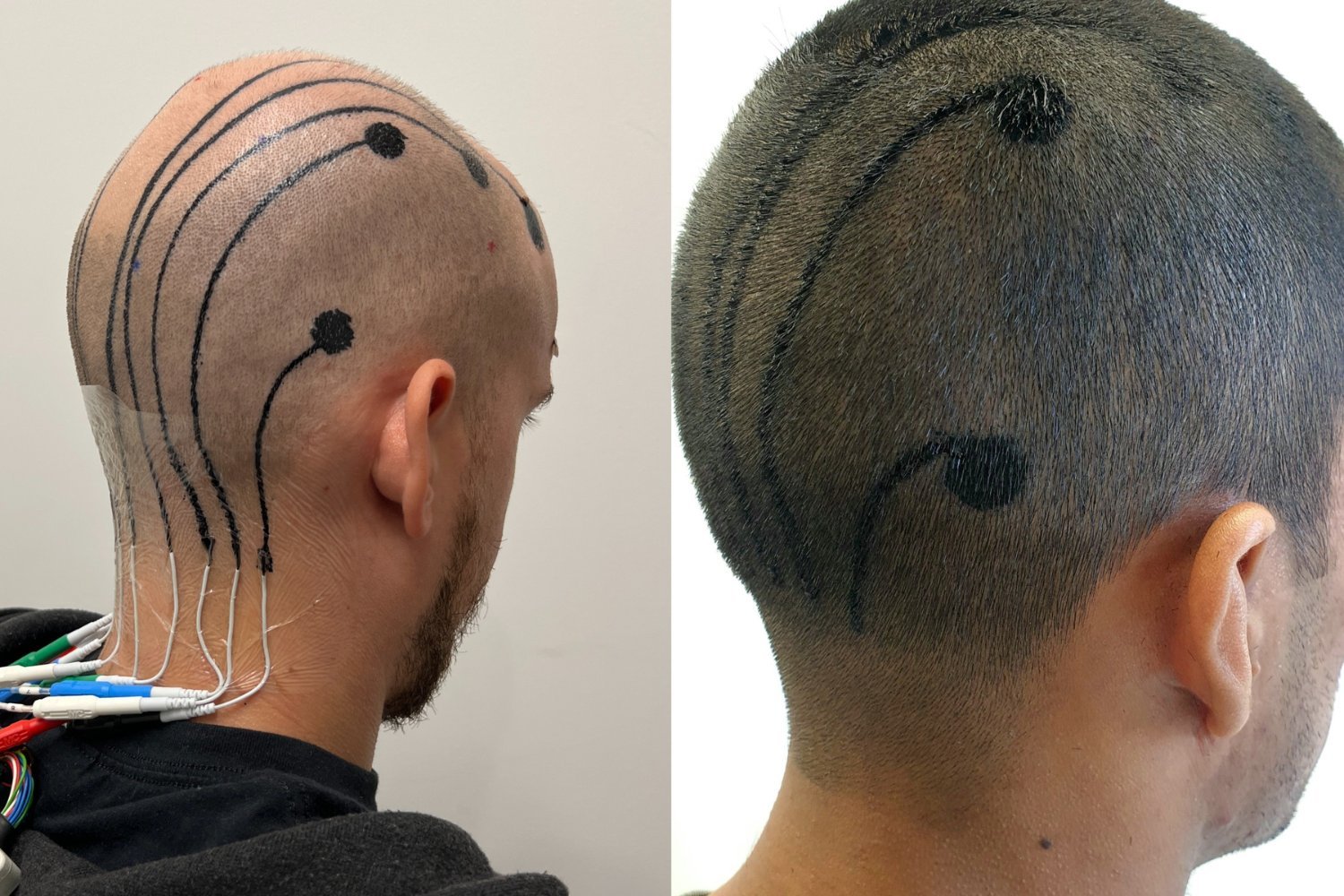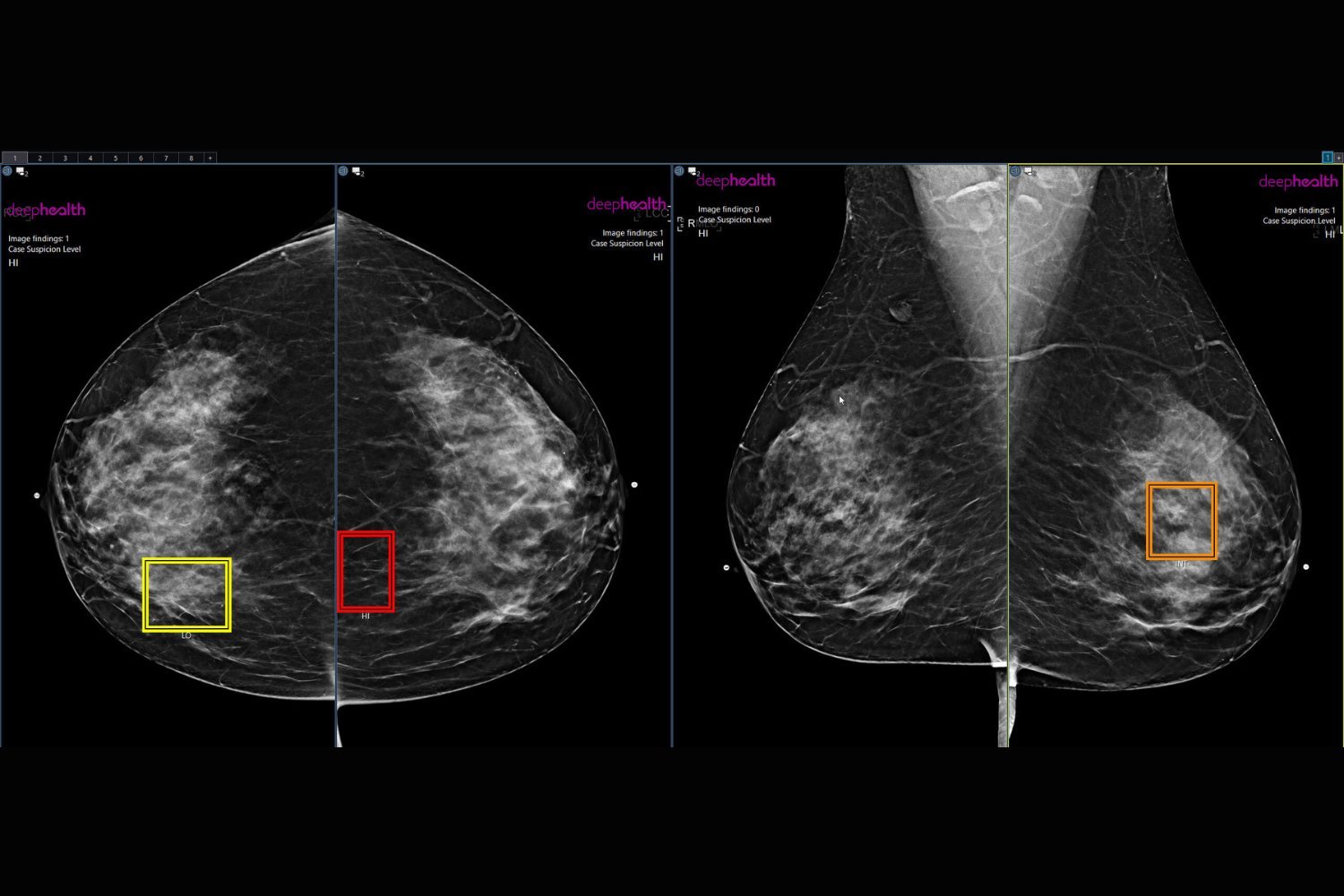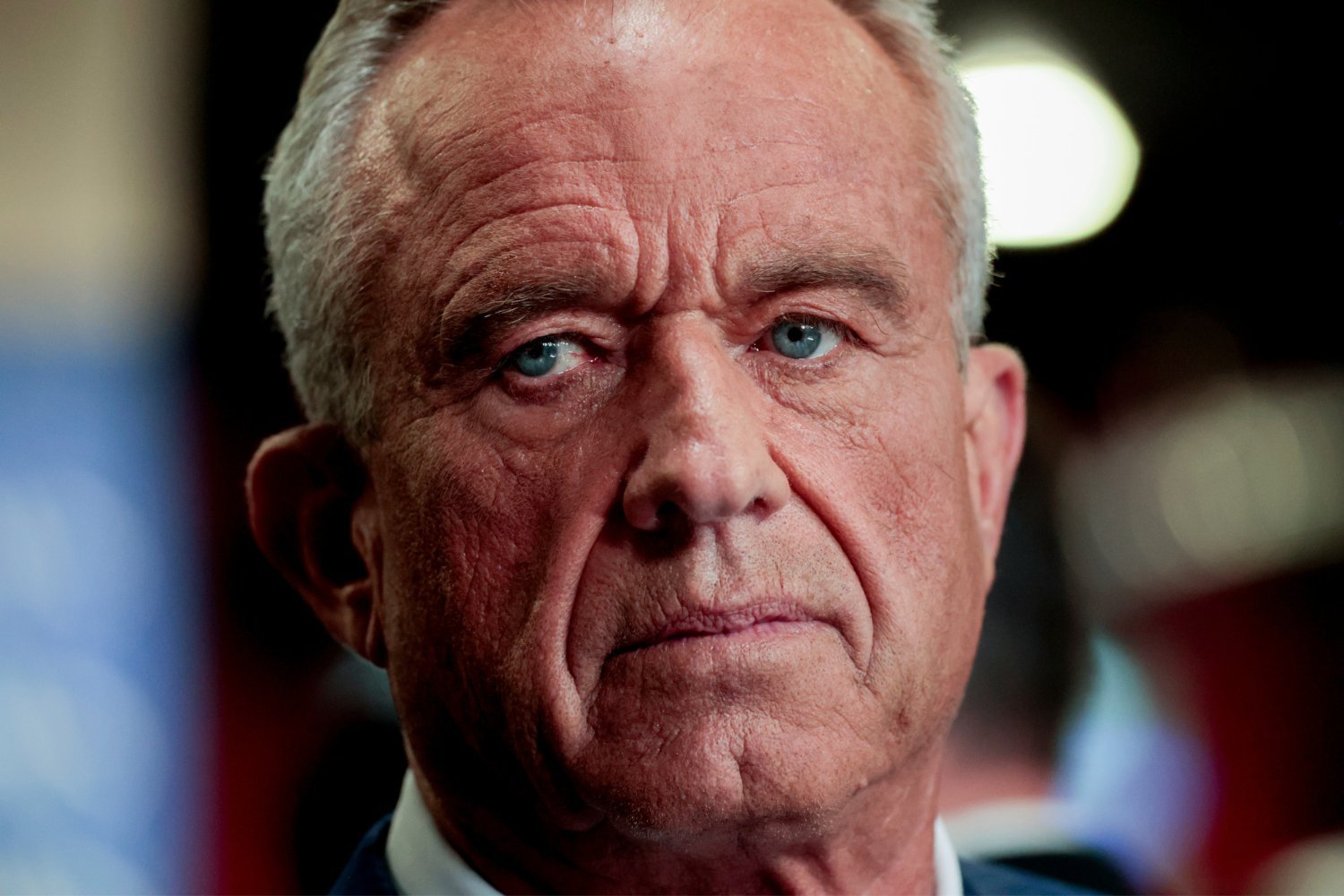The American healthcare system faces potential upheaval with Donald Trump’s return to the presidency. His appointments and the Republican Party’s agenda raise concerns about the future of public health in the U.S. Trump’s nomination of Robert F. Kennedy Jr. to lead the Department of Health and Human Services (HHS) has sparked controversy. Kennedy’s public stance against water fluoridation and questioning of certain vaccines raises alarm bells about potential shifts in public health policy.
Controversial Appointments and Their Implications
Trump’s other nominations also warrant scrutiny. Dr. Mehmet Oz, tapped to oversee Medicare, has a history of promoting unproven health supplements. Similarly, proposed CDC head Dave Weldon, like Kennedy, has previously endorsed the debunked link between vaccines and autism. These appointments, coupled with the Republican platform’s focus on restricting reproductive healthcare access and hindering drug price reforms, paint a concerning picture.
These potential changes have prompted experts to voice their anxieties. Nicole Huberfeld, a health law professor at Boston University, co-authored a JAMA article outlining the potential impact of a second Trump administration on American healthcare. In an interview with MaagX, Huberfeld shared her insights on the most alarming proposals and what can be done to mitigate potential harm.
Project 2025: A Blueprint for Healthcare Overhaul?
Huberfeld highlighted three key concerns from Project 2025, a policy roadmap by the Heritage Foundation. The plan advocates for privatizing public health insurance programs, deregulating healthcare to favor corporations, and undermining the healthcare safety net by targeting Medicaid. It also promotes discrimination in healthcare by penalizing patients and providers for care that doesn’t align with socially conservative views.
These proposals, Huberfeld argues, prioritize corporate interests and religious ideology over patient well-being and evidence-based healthcare.
The “Antiscience” Agenda and Its Potential Consequences
Huberfeld expressed concern that Trump’s administration remains committed to an “antiscience” agenda, citing Kennedy’s nomination as a prime example. Kennedy’s views on vaccines and the FDA’s role demonstrate a disconnect from established scientific consensus and public health principles. This, combined with other appointments, signals a potential disregard for evidence-based decision-making in healthcare policy.
What Changes Can Americans Expect?
Huberfeld anticipates changes in healthcare regulation, insurance coverage, and access to care. These changes could manifest through executive orders, appointments, and policy recommendations to Congress. She notes the potential for reversing regulations and ongoing litigation, impacting access to reproductive healthcare and medication abortion.
While the HHS Secretary cannot single-handedly dismantle agencies, their influence can have a ripple effect throughout the healthcare system. Actions like reinstating Medicaid work requirements and challenging EMTALA interpretations could significantly impact access to care.
Mitigating Potential Harm: A Call to Action
Huberfeld emphasizes the importance of staying informed and relying on credible information sources. Healthcare professionals have an ethical responsibility to combat misinformation, while lawmakers should carefully consider the implications of confirming nominees with questionable views on public health. The public also has a role to play by critically evaluating information sources and avoiding the spread of disinformation.
Ultimately, the future of American healthcare under a second Trump administration remains uncertain. However, by understanding the potential risks and engaging in informed discussions, we can work towards safeguarding public health and ensuring access to quality care for all.











